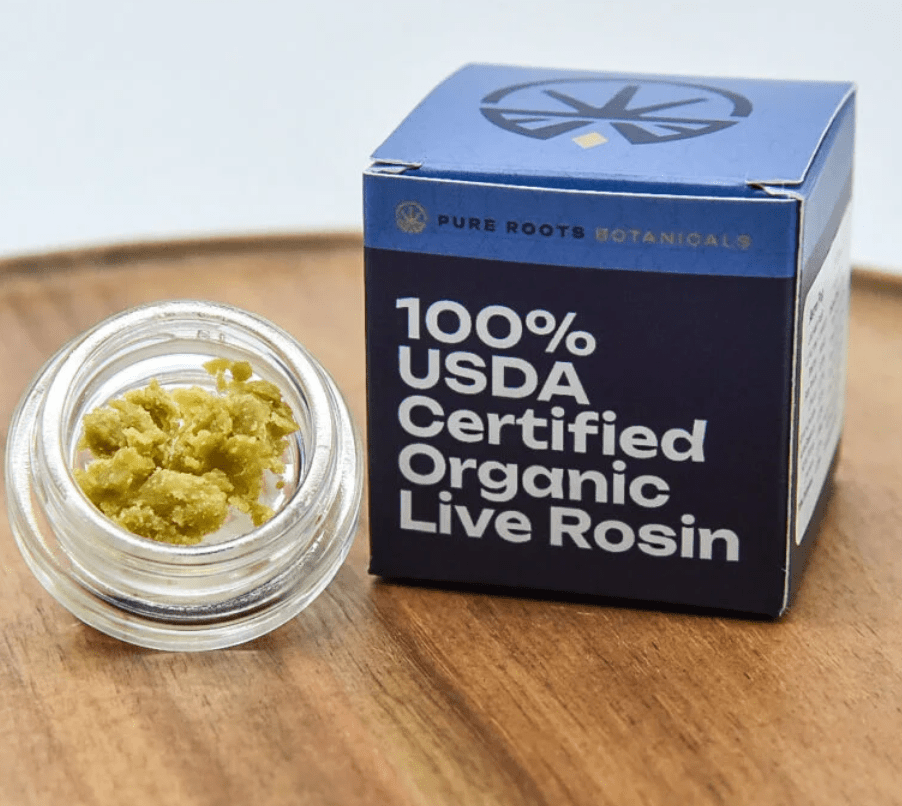Introduction:
Cold store plays a crucial role in modern supply chains, ensuring the preservation of perishable goods from farm to table. These specialized facilities, also known as refrigerated warehouses or cold storage units, maintain low temperatures to slow down the natural deterioration of food items, extending their shelf life and maintaining their quality. In this article, we will explore the significance of cold store and their impact on the preservation of perishables.
Preservation of Perishables:
One of the primary functions of cold store is to slow down the natural aging process of perishable items such as fruits, vegetables, dairy products, and meats. By maintaining low temperatures, typically ranging from -18°C to 0°C (-0.4°F to 32°F), these facilities inhibit the growth of bacteria and other microorganisms responsible for food spoilage. This preservation method is especially critical for products with a limited shelf life, allowing them to reach consumers in optimal condition.
Supply Chain Efficiency:
Cold store is strategically positioned within supply chains to ensure that perishable goods are kept at the right temperature throughout the entire journey from production to consumption cold store. Farmers, food processors, and distributors rely on cold storage facilities to maintain the integrity of their products during transportation and storage. This not only reduces food waste but also enhances the overall efficiency of the supply chain by minimizing losses due to spoilage.
Diverse Applications:
Cold storage is not limited to just food products. Pharmaceutical companies also rely on specialized cold store to preserve temperature-sensitive medications and vaccines. These facilities adhere to strict temperature controls, ensuring that these critical medical supplies remain effective and safe for use. The versatility of cold storage extends to various industries, including floriculture, where flowers are stored at controlled temperatures to maintain freshness.
Energy-Efficient Technologies:
To address concerns about energy consumption and environmental impact, modern cold store are equipped with energy-efficient technologies. Insulation materials, advanced refrigeration systems, and smart temperature monitoring contribute to reducing the overall carbon footprint of these facilities. Some cold store even incorporate renewable energy sources, such as solar power, to further enhance their sustainability.
Temperature Monitoring and Control:
Maintaining precise temperature control is paramount in cold storage facilities. Automated systems equipped with sensors continuously monitor temperature levels cold store, triggering adjustments as needed to ensure a consistent and optimal environment. This level of control not only preserves the quality of stored goods but also complies with regulatory standards for food safety.
Challenges and Innovations:
While cold store is essential for preserving perishables, they come with their own set of challenges. Power outages, equipment failures, and unforeseen events can jeopardize the integrity of stored products. To address these challenges, ongoing innovations in backup power systems, data analytics, and real-time monitoring are being implemented to enhance the reliability and resilience of cold storage facilities.
Conclusion:
In a world where the demand for fresh and perishable goods continues to rise, cold store play a vital role in ensuring the availability of high-quality products. From farm to table, these facilities contribute to the efficiency of supply chains, reduce food waste, and support various industries in preserving their valuable commodities cold store. As technology advances, the continuous improvement of cold storage systems will undoubtedly play a pivotal role in shaping the future of food preservation and distribution.


